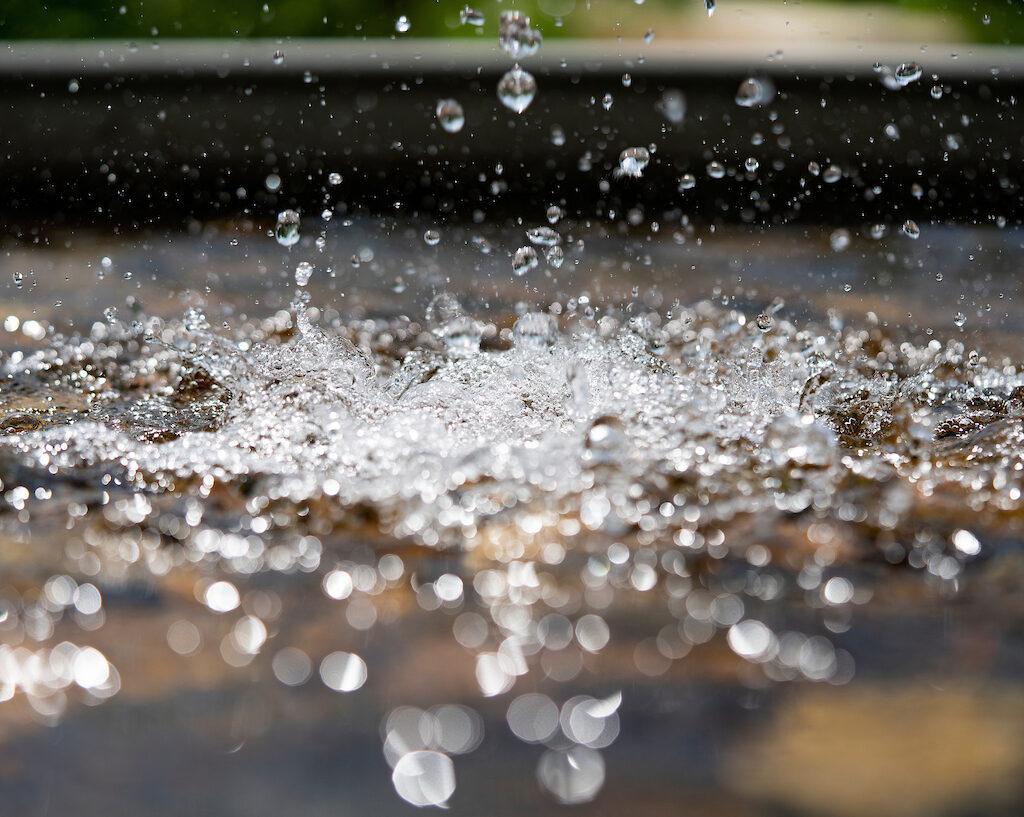Ogallala Water Coordinated Agriculture Project
- Type
- Program

Overview
The OWCAP is a multidisciplinary research and outreach project focused to address issues with groundwater declines and long-term agricultural sustainability in the High Plains region.
Contact
Dana Porter
Professor, Extension Program Leader and Associate Department Head
This website is based upon work that is supported by the National Institute of Food and Agriculture, U.S. Department of Agriculture, under award number 2016-68007-25066, “Sustaining agriculture through adaptive management to preserve the Ogallala aquifer under a changing climate." This multi-disciplinary collaborative effort funded by USDA-NIFA, was focused on developing and sharing practical, science-supported information relevant to best management practices for optimizing water use across the Ogallala region. Our interdisciplinary team was engaged in research, outreach and cooperative partnerships with a diverse set of stakeholders, working to support current and future generations of producers in the region.
The Ogallala Water Coordinated Agriculture Project (OWCAP) was a USDA-NIFA funded (2016-2020), multidisciplinary research and outreach project focused on helping to address issues related to groundwater declines (quantity & quality) and long-term agricultural sustainability in the High Plains region. The team of ~70 university researchers, Extension specialists, students and post-docs included 9 institutions (Universities and USDA-Agricultural Research Service) and 6 agricultural experiment stations in 6 Ogallala states.
The project was completed in March 2021. The website now serves as an archive for deliverables of the project. Amy Kremen was the project manager. Meagan Schipanski, Ph.D., Colorado State University, was the project P.I. Several AgriLife faculty were actively engaged in this project (John Tracy, former Director, TWRI; Dana Porter, BAEN/AgriLife Research and Extension; Brent Auvermann, AgriLife Research; and Jim Bordovsky (retired), AgriLife Research.
The Ogallalawater.org page provides public access to information about the project, participants, and background information about the Ogallala Aquifer, as well as citations and links to publications (peer reviewed and other publications), presentations (including videos), and materials related to two regional Ogallala Aquifer Summits.
More choices in Environment & Natural Resources
- Course
An aerobic septic system, or aerobic treatment unit (ATU), uses oxygen to breakdown both dissolved and solid constituents into gases, cell mass, and non-degradable material contained in wastewater. This online course will teach you how to properly maintain and operate your ATU. You will have 30 days from the day you register to complete this program. If you do not complete the program within this limit, your registration will expire, and you will need to pay the registration fees again to start over.
- Publication
This publication discusses physical characteristics of the two major species in western Texas–ashe juniper and redberry juniper.
- Publication
This palm-sized flip deck features photographs and line drawings of 61 aquatic plants commonly found in Texas.
- Course
This course will inform participants about riparian and watershed processes, the benefits that healthy riparian areas provide, and the tools that prevent and/or resolve degradation and improve water quality.
- Course
This 1-hour course exposes learners to information regarding The Texas Watershed Steward (TWS) Program. Students will learn about the importance of water, the role of watersheds in the water cycle, and much more. Students have the option of obtaining school credit for this course.
- Course
This course will help land owners and managers become familiar and confident to manage invasive and encroaching brush species with individual plant treatment (IPT) herbicide applications.
